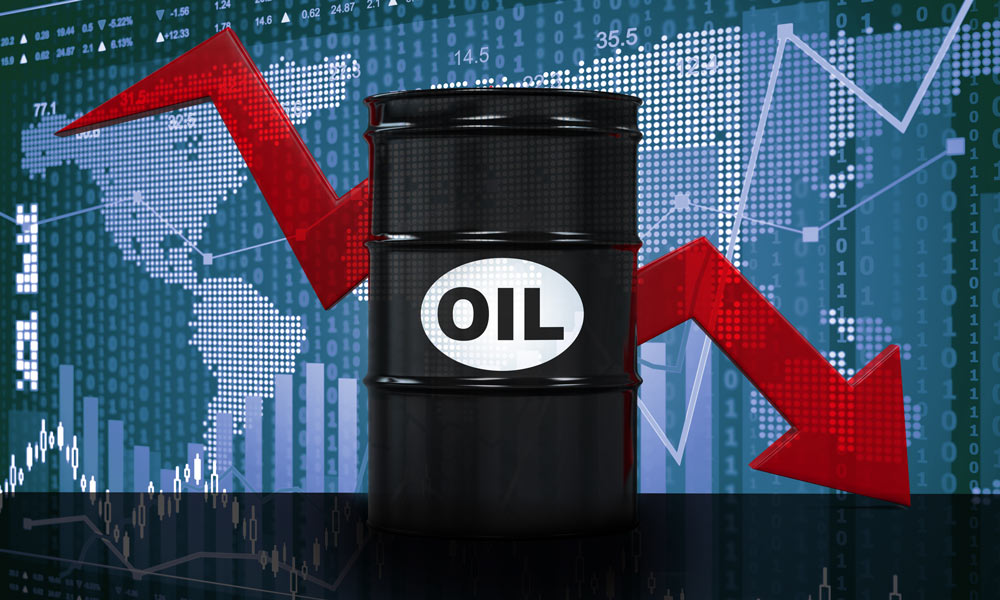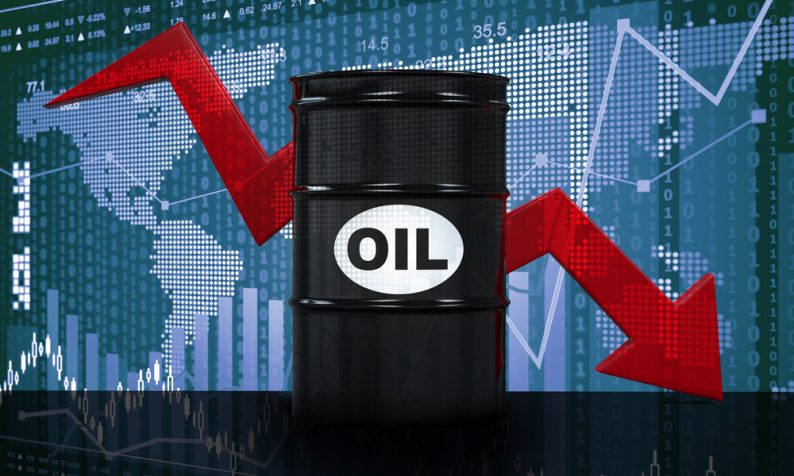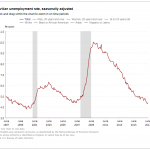Crude oil prices fell again below $40 per barrel following comments by Saudi Arabia’s officials that it would only limit production if other leading oil manufacturers would agree to do the same. Even though the statement by the deputy crown prince Mohammed bin Salman referred to the entire group of the world’s largest oil producers, one might say that the challenge was particularly addressed to Iran.

Following the lift of sanctions, Iran has resumed crude oil exports which is projected to shoot up global inventories by more than 300 million barrels during this year according to a report by the International Energy Agency (IEA) in January. The nation is not expected to participate during the upcoming conference in Doha on 17 April where the the oil production levels and possible upper limits are due to be discussed. Saudi Arabia has vowed to be part of an agreement for oil production freeze if the rest of the other leading oil manufacturers also participate.
A monthly report released by Reuters last week revealed that oil production from Opec’s (Organisation of the Petroleum Exporting Countries) members during March has increased due to higher output from Iran and also almost all-time high output from Iraq. However, the ongoing increase in oil production is certainly not in line with the global economic slowdown and hence the decrease in demand for raw materials. During 2015, Iraq has been the Opec’s member with the highest oil production growth, which is estimated to be more than four million barrels each day. It is now the group’s second largest oil manufacturer after Saudi Arabia.
Crude oil prices have plunged from over $100 per barrel in June 2014 to even under $28 per barrel during the first month of this year. Given that it is responsible for the coordination of the energy policies of oil producers, the IEA estimates that the production from non-OPEC nations might fall by 750,000 barrels per day during 2016. United States, the world’s largest crude oil producer, is estimated to cut supply during 2016 by 530,000 barrels per day.













Leave A Comment